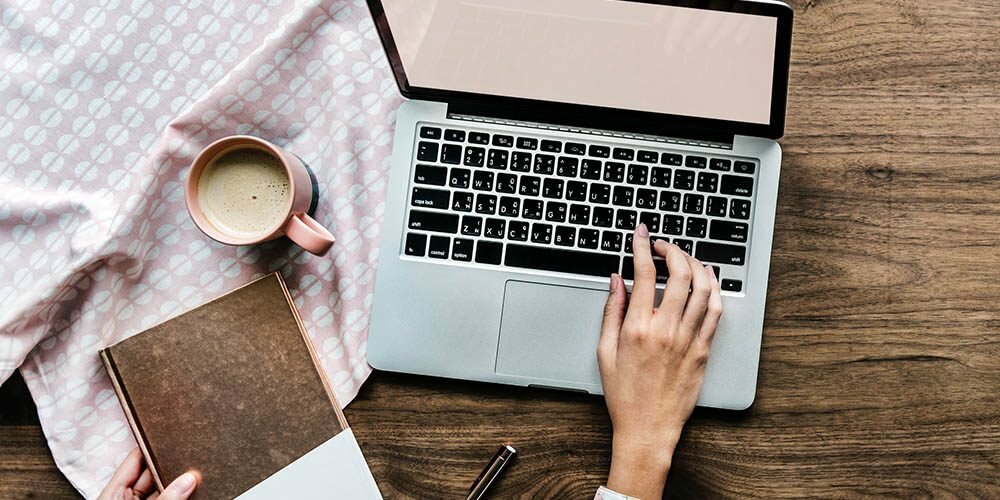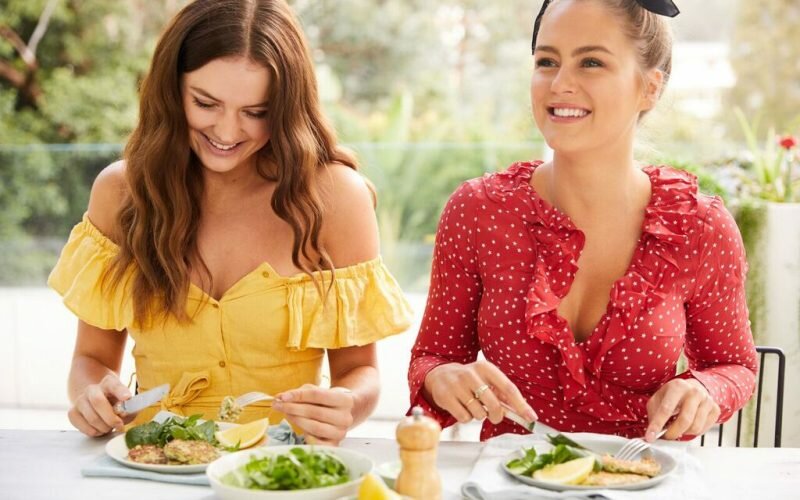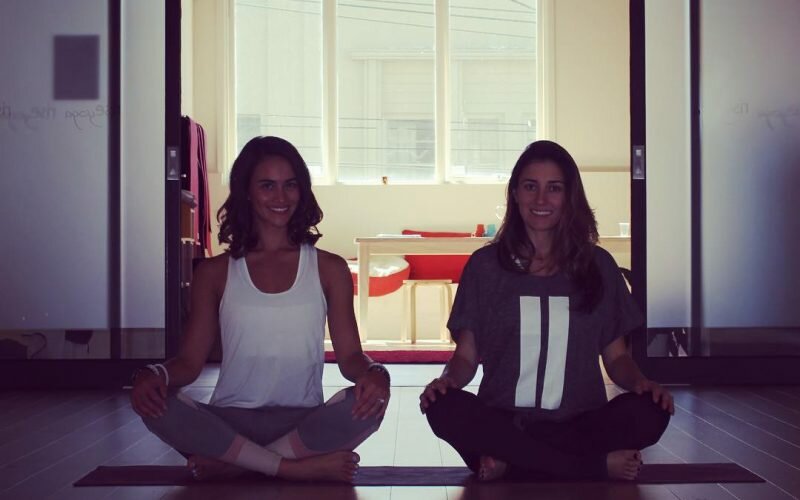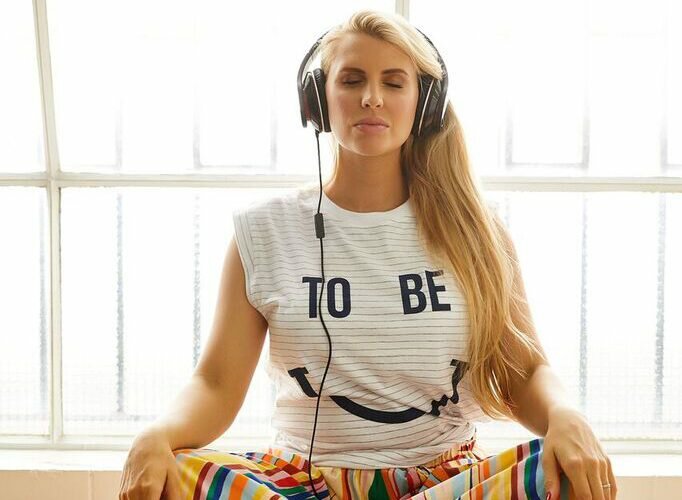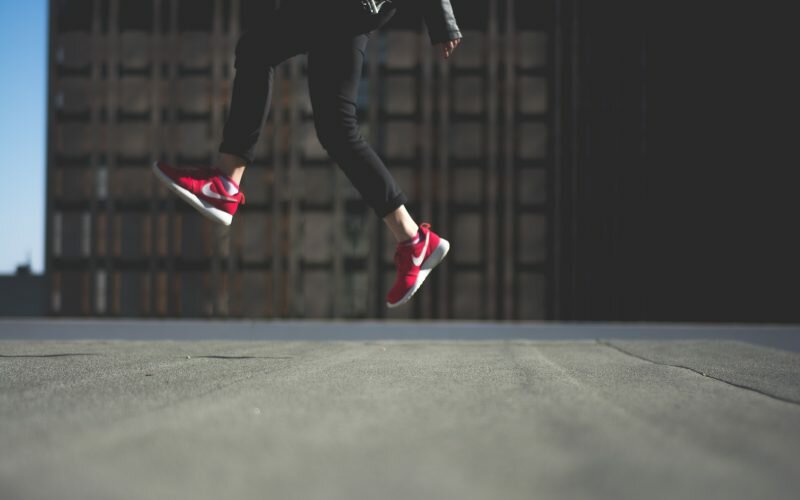The global coffee industry is currently worth over $20 billion and the demand for coffee is rising, with over 153 million 60kg bags of coffee produced in 2017 alone. As such, the demand on coffee-producing countries (Brazil, Vietnam, Colombia, and Ethiopia) is also increasing because the state of the supply chain is under pressure: from harvesting, roasting and packing, right through to global transportation, exporters and retailers. Topping the list as some of the world’s most thirsty coffee drinkers, Australia sees 16.3 million cups consumed every day on average. However, the negative impact our daily coffee ritual is having on our people and planet is becoming more apparent, which is why as a nation, we need to turn our attention to the environmental impact of the coffee supply chain. So how can we become more ethical coffee drinkers? Kieran Westlake, Vice President Australian Specialty Coffee Association and Head of Channel Strategy at Silver Chef, Australia’s only dedicated hospitality funder, provides five tips on how to become a more conscious coffee connoisseur, so you can rest easy that you’re sipping sustainably on the daily.
1) Certified or Direct Trade The word ‘sustainable’ is often misunderstood. Whilst it absolutely pertains to the products, environmental processes and carbon footprint, it also applies to the human side of a business too. Are the producers being paid fairly? What are the conditions like? Is there complete transparency with communication in the supply chain? Does this constitute a living wage for the farmer? This is where certifications can be very useful. Certifications like Fair Trade, UTZ and B Corp, indicate that particular standards are upheld during the growing and production process. These include serving to promote environmental protection, economic sustainability and the rights of labourers and farmers alike. In addition, setting prices above the cost of production for the farmer, have environmental regulations regarding disposal of hazardous and organic waste as well as ensure maintenance of natural resources, and the use of herbicides and pesticides. Finally, certifications also address labour issues, ensuring workers are paid minimum wage and that health and safety standards are being met. Direct Trade standards are determined and regulated by the roasters themselves who visit the farm regularly to ensure all standards are being met, including the quality of the coffee. Look for Coffee Roasters that are B Corp certified; this ensures the Roasters and the coffee they use meets the highest standards of verified social and environmental performance, transparency and accountability.
2) Reuse your cups Despite us trying to cut down on single-use cups, over 2.6 billion disposable coffee cups are thrown out every year in Australia and the worst part is they can’t be recycled. However, this is a really easy problem to fix! Raising awareness of how damaging they are to our environment, and possibly even to our health, has seen many people embrace reusable alternatives. The best options are made from glass, ceramic, tritan or stainless-steel because they’re non-toxic, recyclable and won’t leach chemicals or odours. Many coffee shops now accept reusable coffee cups or supply them for sale or swap. Local brands to look out for are KeepCup, Frank Green, JOCO and SoL Cups for purchase, or cafes using ‘The Cup Exchange’ for swappable reusable cups on a subscription-like basis (like a library book!)
3) Reconsider how you brew your golden drop at home or office Simple steps can be taken in the brewing process to ensure you cut down on your waste. Firstly, if you have a drip coffee maker, consider trying a permanent coffee filter instead as these are usually made of stainless steel instead of paper. If this is not your preference, then use biodegradable oxygen-bleached paper filters as an alternative option. Despite how convenient they seem, avoid using single-serve coffee makers that require aluminum coffee pods as these produce an unbelievable amount of plastic waste that ends up in landfills. Furthermore, pods are a composite makeup of aluminum and plastic and regular domestic recycling won’t solve the problem. The best solution? An Aeropress, plunger, quality batch brewer or espresso machine at home.
4) Support local Roasters You can support local roasters by choosing a drink made from locally roasted beans. When you buy from your local coffee roasteries such as B Corp certified Pablo & Rusty, Montville Coffee, Jasper Coffee and Espresso Botero, not only will you be supporting local business, you will be reducing the amount of transport required to supply to the cafe owners you get your daily cup of coffee goodness from, which lowers the carbon footprint of your delicious daily ritual. Your local roasteries typically also have the best training and development available, which in turn drives better business practises and a better quality, guilt-free beverage for you!
5) Understand the story behind your cup There is an emotional element to one of the most widely traded commodities in the world and as an intrinsic part of our social culture in Australia, it’s important that customers understand the story behind their cup. How often do we stop to consider the origin of our coffee? How do we know whether we are supporting good coffee or contributing to a major environmental problem? Most of us turn up to a café for a takeaway cup of our favourite brew without even considering the ramifications of our daily routine, which is why through awareness, education and small changes, we can all make a real impact – one cup at a time.
